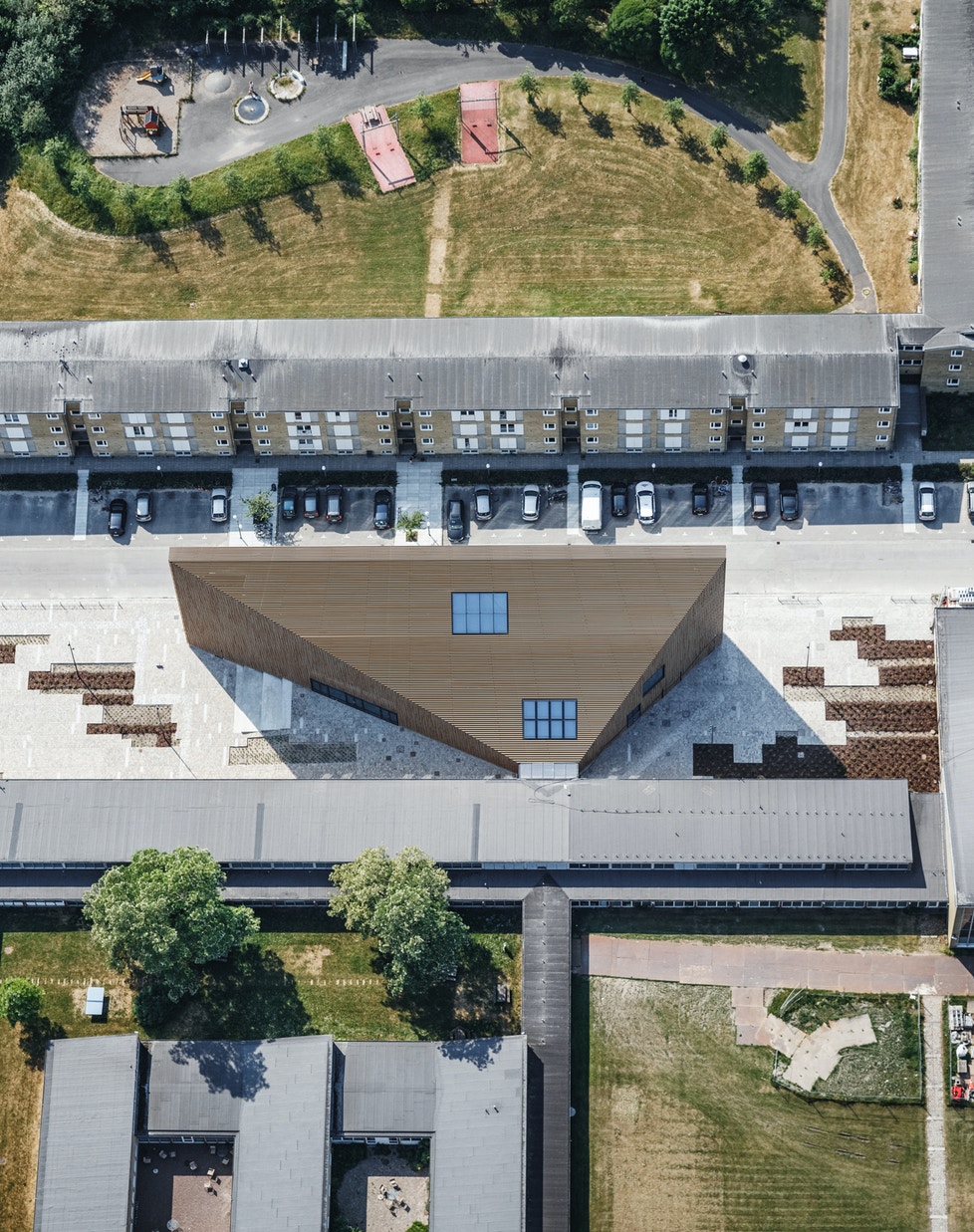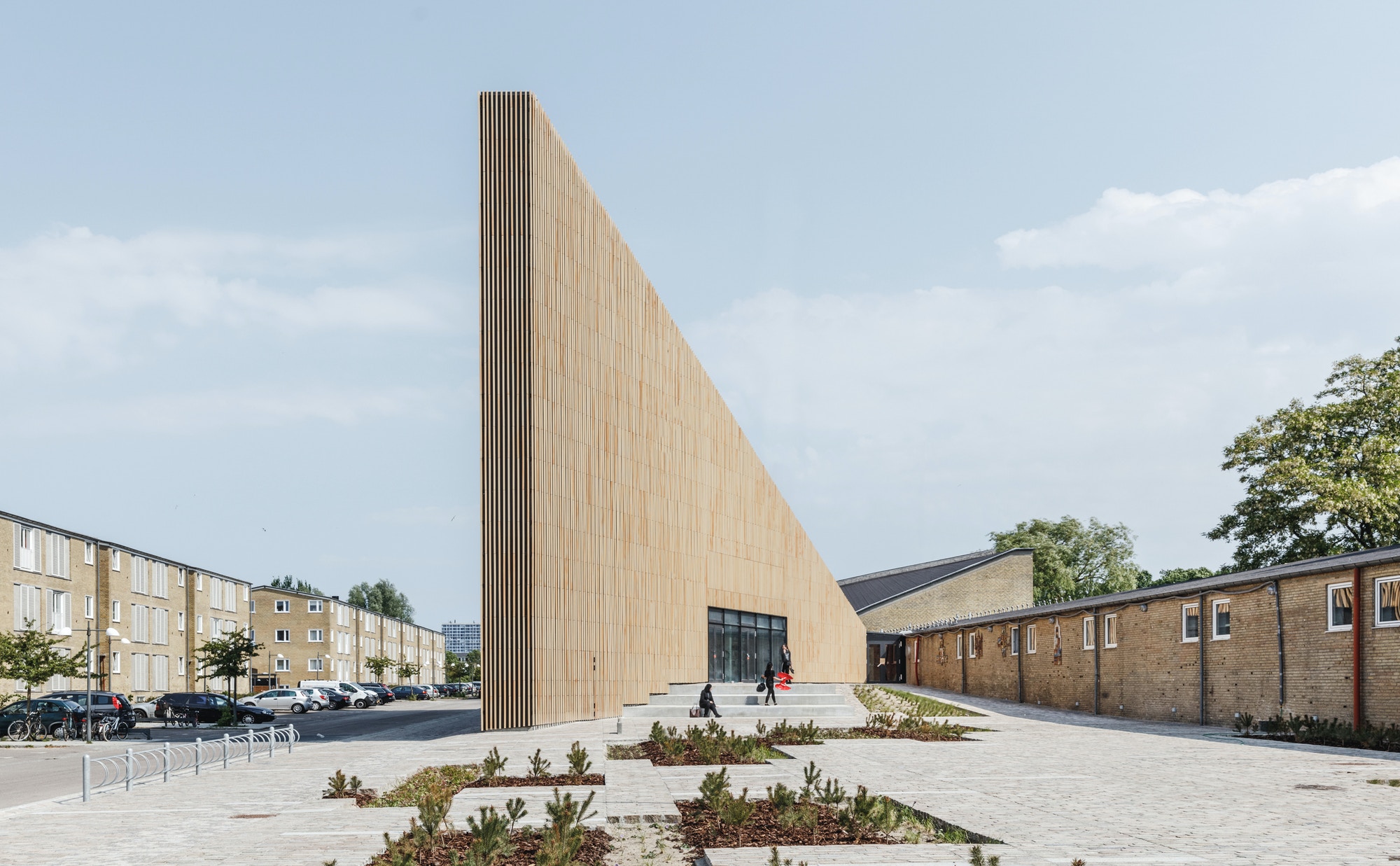16
Promote peaceful and inclusive societies for sustainable development, provide access to justice for all and build effective, accountable and inclusive institutions at all levels
The threats of international homicide, violence against children, human trafficking and sexual violence are important to address to promote peaceful and inclusive societies for sustainable development. They pave the way for the provision of access to justice for all and for building effective, accountable institutions at all levels.
While homicide and trafficking cases have seen significant progress over the past decade, there are still thousands of people at greater risk of intentional murder within Latin America, Sub-Saharan Africa and around Asia. Children’s rights violations through aggression and sexual violence continue to plague many countries around the world, especially as under-reporting and lack of data aggravate the problem.
To tackle these challenges and build a more peaceful, inclusive societies, there needs to be more efficient and transparent regulations put in place and comprehensive, realistic government budgets. One of the first steps towards protecting individual rights is the implementation of worldwide birth registration and the creation of more independent national human rights institutions around the world.
THIS GOAL AND ARCHITECTURE
Parliaments, courthouses and public libraries are cornerstones in a just and peaceful society, while local community centres, places of worship and safehouses can represent citizens’ commitment to an inclusive and compassionate society.
Architecture does not make an institution just, but the effort and values put into a building can represent society’s commitment to justice, democracy and inclusiveness. Examples of this span from prestigious buildings for ministries or town halls to the establishment of UN emergency architecture in disaster zones.
To support society’s expression of its values through buildings and public space, architecture and planning must ensure that public spaces and institutions are inclusive, welcoming, secure and non-discriminatory. As part of this, terror protection measures should be developed that are inclusive and inviting to citizens and users. The design of libraries, community centres, safehouses and places of worship must ensure safety, inclusiveness and affordability.
The building industry itself must pay close attention to procurement and construction processes in order to discourage theft, corruption, bribery and all other forms of organised crime. The building industry must also ensure that the extraction, production and handling of building materials do not rely on abuse, exploitation, human trafficking or child labour.



